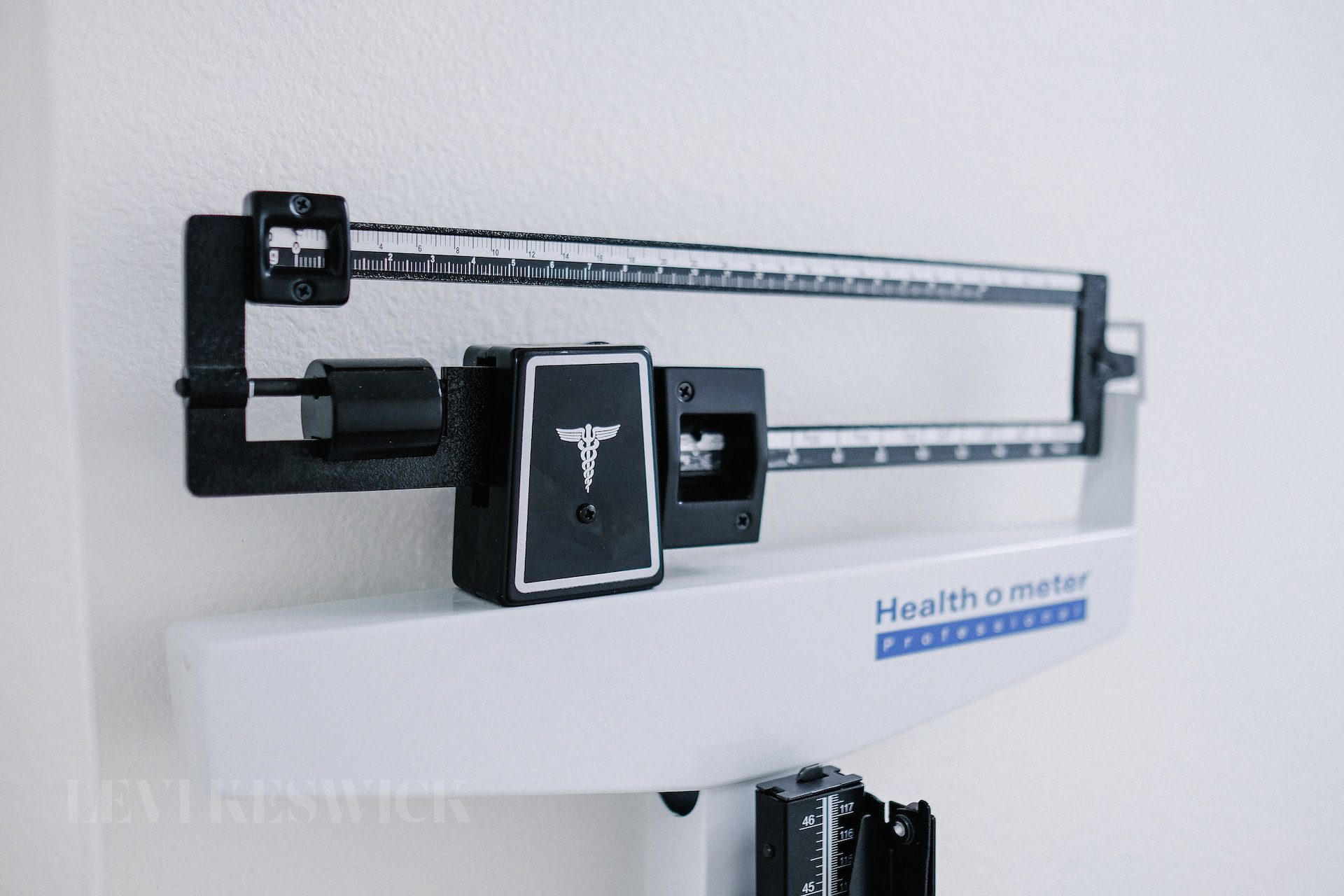Having a healthy weight is important for overall health and well-being. Unfortunately, many people struggle to maintain a healthy weight due to poor dietary habits, lack of physical activity, or both. But with the right knowledge and strategy, you can reach and maintain your desired weight. In this article, we will discuss what it takes to maintain a healthy weight in terms of nutrition, exercise, and lifestyle changes. We’ll also provide some tips on how to make these changes part of your daily routine so that you can stay fit and have more energy!

1. Nutrition
Eating a balanced diet is key to maintaining a healthy weight. Make sure to include plenty of fruits, vegetables, whole grains, lean proteins, and low-fat dairy products in your daily meals. Also, try to limit processed foods and saturated fats as much as possible. Additionally, it’s important to drink enough water each day (at least 8 glasses) to stay hydrated and help flush out toxins from your body. In addition, watch your portion sizes and try to avoid overeating. This will help you stay on track with your nutrition goals and ensure that you’re getting all of the essential nutrients your body needs to function properly.
2. Exercise
Regular physical activity is important for maintaining a healthy weight and overall health. Aim to get at least 30 minutes of moderate-intensity exercise most days of the week, such as walking, jogging, biking, swimming, or dancing. If possible, try to include strength training exercises in your routine as well. These can help build muscle mass and boost your metabolism so that you burn more calories throughout the day. Also, make sure to stretch after each workout session to help prevent injury and improve flexibility. For instance, do some gentle yoga poses to help your body relax and recover. This will help you stay committed to your exercise routine and reach your desired weight goals.
3. Lifestyle Changes
In addition to eating well and exercising regularly, it’s also important to make some lifestyle changes that can help promote a healthy weight. For starters, try reducing the amount of time you spend in front of screens (television, computer, etc.). This will encourage you to find other ways to fill your time, such as going for a walk or reading a book instead. Also, get enough sleep each night (at least 7-8 hours) so that your body has time to rest and recharge. Finally, practice mindful eating by taking the time to enjoy your meals without distractions such as television or phones.
4. Try medical weight loss programs
If you’re having trouble losing weight or maintaining a healthy weight on your own, there are medical weight loss programs that can help. These programs involve working with a healthcare professional to develop an individualized plan tailored to your health history and needs. This may include lifestyle modifications, meal plans, physical activity regimens, and more. Medical weight loss programs can also provide additional support and accountability to help ensure your success. You can simply google “medical weight loss near me” and you will get a list of clinics offering such services. So, if you’re having trouble reaching and maintaining your desired weight, don’t hesitate to seek help.
5. Lifestyle changes
Lifestyle changes are also important for maintaining a healthy weight. Try to reduce stress levels and practice relaxation techniques, such as meditation or deep breathing exercises, whenever possible. Also, make sure to get enough sleep each night so that your body can rest and repair itself properly. Additionally, limit alcohol consumption and quit smoking if applicable. Finally, avoid skipping meals or going on crash diets as this can cause your metabolism to slow down and make it harder to keep the weight off in the long run. For instance, try to eat small, frequent meals throughout the day that are balanced and nutritious.
6. Make small changes
Making drastic changes all at once can feel overwhelming and difficult to keep up with in the long run. Instead, focus on making small but sustainable changes over time. For instance, start by adding more fruits and vegetables to your diet or walking for 10 minutes every day before work. As you become more comfortable with these changes, gradually add more activities or make healthier food swaps until they become part of your everyday routine. For example, you can try replacing sugary snacks with more nutritious alternatives. You can also start setting realistic weight loss goals and keep track of your progress to stay motivated. Remember, these small changes can add up to big results in the long run.

Maintaining a healthy weight and lifestyle is an ongoing process that requires dedication and effort. By following the tips we have outlined in this article, you can take control of your health and make small but sustainable changes to help reach your desired weight goals. Remember, it’s important to stay consistent with these changes over time for the best results. If needed, seek out additional support from healthcare professionals or medical weight loss programs to ensure success. With focus and determination, you can achieve lasting results when it comes to maintaining a healthy weight!













